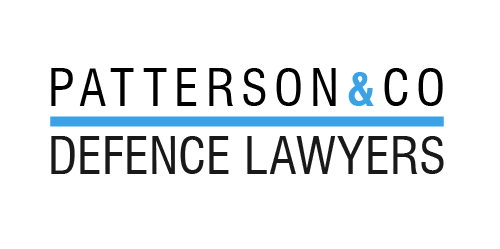The Impact of Social Media on Legal Proceedings: A Scottish Perspective
In the digital age, social media has become an integral part of daily life, influencing everything from personal relationships to professional interactions. Its pervasive reach has also extended into the realm of legal proceedings, where it plays an increasingly significant role. This article explores the impact of social media on legal cases in Scotland, examining how it affects evidence gathering, jury decisions, and the boundaries within which legal professionals must operate.
Social Media as Evidence
One of the most significant ways social media impacts legal proceedings is through evidence gathering. Posts, photos, videos, and messages shared on platforms like Facebook, Twitter, and Instagram can provide crucial evidence in both civil and criminal cases. This digital footprint can be used to establish timelines, verify alibis, and demonstrate intent or state of mind.
- Evidence Collection: Legal professionals can subpoena social media companies to access private communications and deleted posts, provided they have sufficient legal grounds. Public posts are readily accessible and can be used without such formalities.
- Authentication: The admissibility of social media evidence hinges on its authenticity. Lawyers must demonstrate that the content is genuine and has not been altered. This often involves expert testimony and digital forensics.
Influence on Jury Decisions
Social media can also influence jury members, both positively and negatively. Jurors are expected to remain impartial and base their verdicts solely on the evidence presented in court. However, social media can introduce biases and distractions.
- Juror Misconduct: Jurors might be tempted to conduct their own research or discuss the case on social media, violating court instructions. Such actions can lead to mistrials or appeals.
- Pre-Trial Publicity: High-profile cases often generate significant social media attention, which can influence potential jurors even before they are selected. Courts may issue gag orders or sequester juries to mitigate this impact.
Ethical Boundaries for Legal Professionals
Legal professionals must navigate ethical boundaries when using social media. While it can be a valuable tool for research and evidence gathering, there are strict rules governing its use.
- Client Confidentiality: Lawyers must ensure they do not breach client confidentiality when discussing cases online. Even seemingly innocuous posts can inadvertently reveal sensitive information.
- Professional Conduct: Solicitors and barristers are bound by professional codes of conduct that prohibit misleading or inappropriate behavior on social media. This includes refraining from making disparaging remarks about the judiciary, opposing counsel, or parties involved in a case.
Legal Implications for Clients
Clients must also be aware of how their social media activity can impact their legal matters. Advising clients to exercise caution and discretion online is crucial, as anything they post can potentially be used against them in court.
- Social Media Clean-Up: Some legal advisors recommend a social media clean-up, where clients review and potentially delete old posts that could be detrimental to their case. However, it is important to note that deletion after litigation has begun can be considered spoliation of evidence.
Conclusion
The influence of social media on legal proceedings in Scotland is profound and multifaceted. From evidence gathering to jury impartiality and ethical considerations, it presents both opportunities and challenges for legal professionals and clients alike. Staying informed about these dynamics and navigating them with care is essential for ensuring fair and just legal outcomes.
For expert legal advice on how social media may affect your case, Patterson & Co. offers comprehensive guidance and representation. Contact us at 01463 418 277 to discuss your legal needs and learn how we can assist you in navigating the complexities of social media in legal proceedings.


